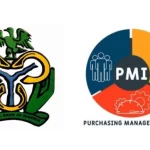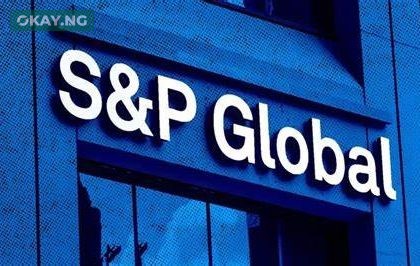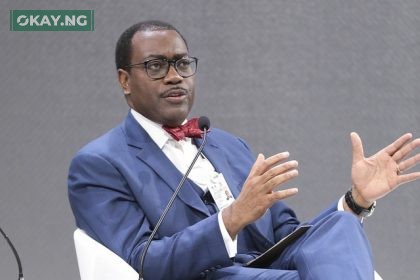The spectre of inflation continues to haunt Nigeria, with a staggering 85.5% of large businesses reporting high price levels, according to the Central Bank of Nigeria’s (CBN) January 2025 Inflation Expectations Survey (IES). This grim statistic underscores the persistent economic headwinds facing enterprises across the country.
While large businesses bear the brunt of these inflationary pressures, the concern is widespread. A significant majority of medium (78.2%), small (77.6%), and micro (80.9%) enterprises also expressed similar anxieties.
“The survey revealed that large businesses exhibit the highest inflation perception,” the report stated. This disparity suggests that larger entities, with their greater operational scale and intricate supply chains, are more acutely sensitive to macroeconomic fluctuations, particularly the corrosive effects of inflation. These pressures can significantly impact pricing strategies, investment decisions, and, ultimately, employment levels.
The IES pinpoints several key culprits fuelling these inflationary fears: soaring energy costs, volatile exchange rates, escalating transportation expenses, and rising interest rates. These factors have collectively cast a long shadow over the business landscape, creating a pervasive sense of uncertainty and anxiety.
To put these concerns in perspective, the National Bureau of Statistics (NBS) recently reported headline inflation reaching a staggering 34.80% in December 2024. This hyperinflationary environment has eroded consumer purchasing power and squeezed profit margins for businesses across the board.
Read Also: NGX Weekly Market Report: ASI Gains 2%, Bullish Momentum Sustained
The survey also highlights stark regional disparities. Urban dwellers, grappling with higher living costs, are significantly more likely to perceive high inflation (83.9%) compared to their rural counterparts (82.8%). This disparity underscores the uneven impact of inflation, with urban populations bearing the brunt of rising costs for essentials like housing, transportation, and utilities.
Furthermore, the IES reveals a strong correlation between income and inflation perception. Households earning between N150,001 and N200,000 per month – a significant segment of the Nigerian middle class – are most acutely affected. This finding paints a distressing picture of inflation eroding the economic gains of a critical segment of the population.
While the outlook remains challenging, there are glimmers of hope. Both businesses and households anticipate a gradual easing of inflationary pressures in the coming months. The survey suggests a shift towards more cautious spending patterns, with respondents indicating plans to curtail expenditure.
However, it’s crucial to note that these are early indications. The path to price stability remains fraught with challenges. The CBN must navigate a delicate balancing act, employing a judicious mix of monetary policy tools to tame inflation while supporting economic growth.












